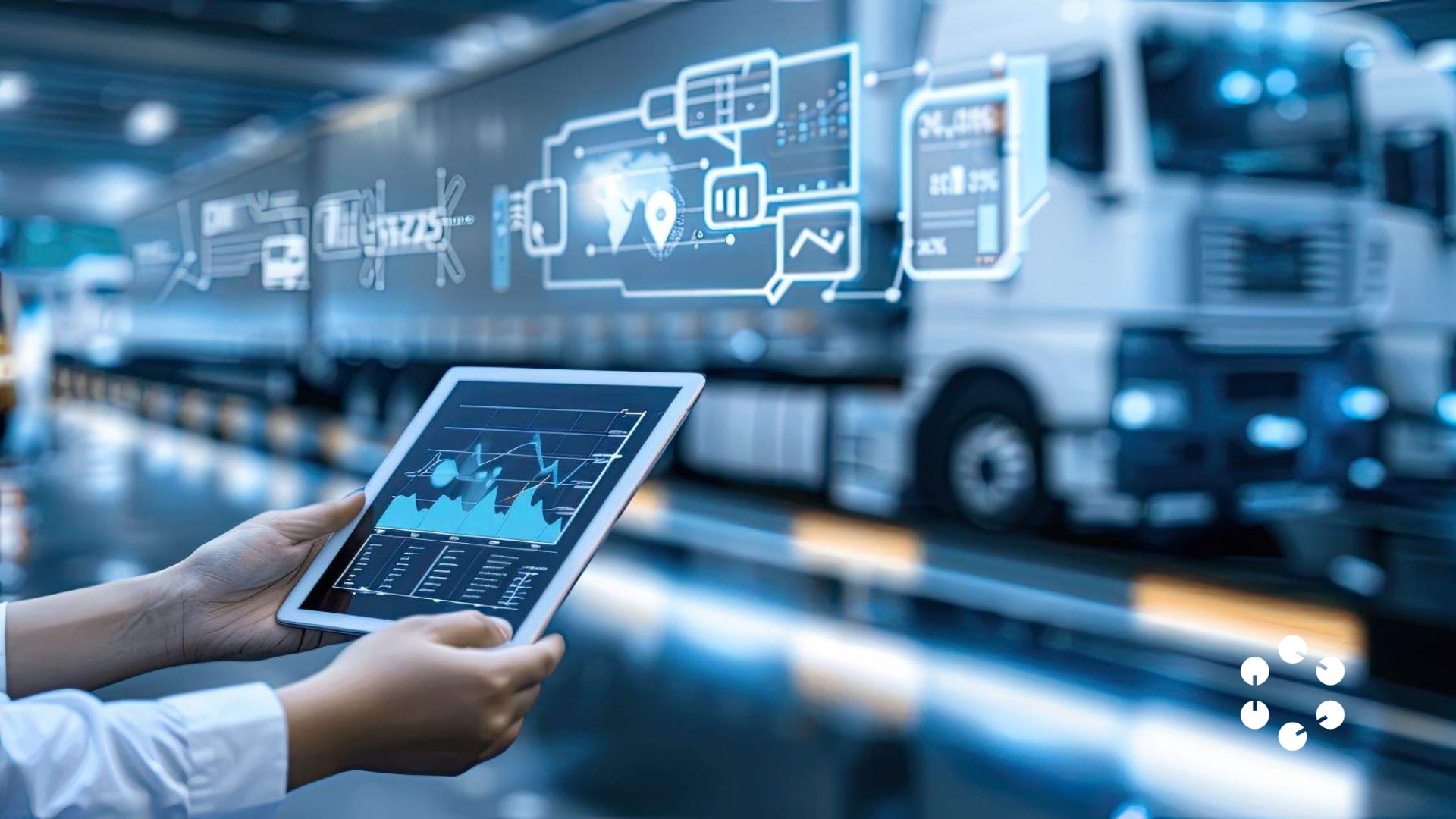
The focus of supply chain management has shifted from traditional logistics to a series of more advanced planning processes. This is primarily due to companies embracing digital transformation and data-driven technology for their current logistics and sales operations.
Industry experts refer to this as "Industry 4.0" or the "Fourth Industrial Revolution," where physical production meets and integrates with new technologies. The digital revolution taking place in the supply chain allows for greater automation and integration between systems.
According to McKinsey, organizations that actively research and apply digitalization to their supply chains can expect to improve annual net profit at a faster pace than their annual sales growth. When operational changes are combined with digital applications, the results create lasting performance gains.
Cloud-based systems
Cloud-based manufacturing is a model that can be used to access a variety of dispersed resources on demand to create combined technological and physical production lines that are time-based and programmable. This model would increase efficiency, reduce product lifecycle costs, and enable optimal resource allocation. Currently, the information extracted from the supply chain is generated from a variety of technical tools, manufacturing processes, and other elements. Without digitalization, problems related to the variety and/or incompatibility of machines and other elements in the chain can arise.
Cloud systems are critical components of Industry 4.0 because they solve this problem and enable the same data to be used across multiple devices. Data can be moved quickly without software or hardware issues, and machines and devices can be connected without protocol limitations.
The integration of Big Data
The union of all data, popularly known as "Big Data," uses signals of all kinds to acquire data. Historical information can also be collected and stored for future analysis. However, with the rapid growth of the internet, traditional database technology can struggle to store, manage, and analyze large amounts of data. For this reason, big data technologies use new ways to obtain personalized data, extracting it more quickly, providing more accurate information, and delivering new insights into processes to facilitate informed decision-making.
The role of the Internet of Things (IoT)
A number of elements are connected to the internet, linked together, and each has its own unique identifier (UID ) and IP address. This makes it easy to identify each component connected to the internet. The IoT is a crucial element for a company with a supply chain and can be applied in multiple ways. In fact, these companies can use the IoT to communicate and exchange information much more effectively than those that don't.
The era of cyber-physical systems (CPS)
In the current context, cyber-physical systems operate primarily in semi-autonomous environments. They are a development that bridges the physical and digital worlds through the use of technology, computers, and the internet. CPSs are considered the next step in the design of supply chain production and transportation activities. The basic idea is to improve the overall performance of dispersed, autonomous systems operating together. These sensor-based systems leverage internet-connected services to track movements in the real world. Robots and self-driving cars are well-known examples of CPSs used in modern supply chains.
Conclusion
The true impact of Industry 4.0 and digital transformation is still difficult to fully understand, as new technologies will take longer to spread across all sectors. At this point, we can mainly rely on concrete success stories, and learning from them has revealed how new technology can revolutionize the entire supply chain.
